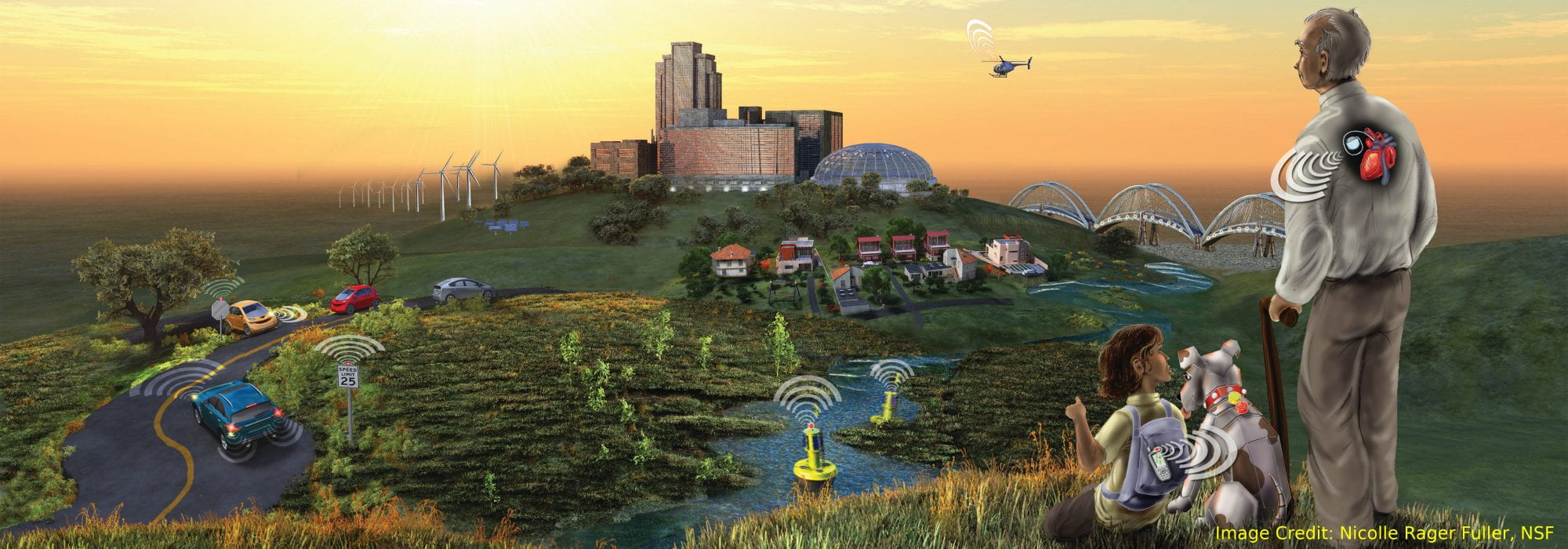Abstract:
Existing pervasive computing applications entail high degrees of communication, but existing deployments by and large rely on either a backend Internet connection to support communication or provide only one-way distribution of data (e.g., via environmental beacons). However, the pervasiveness of sensing, computation, and communication has changed the landscape of potential pervasive crowd applications. The plain “chattiness” of our everyday environments opens broad new possibilities for pervasive computing devices to opportunistically leverage each other, where the potential capability of a whole opportunistic crowd is much larger than the sum of its individuals’ capabilities. In this talk, I will present both concrete motivating application domains and technical capabilities and constraints that lead us to consider the potential of direct device-to-device collaboration in support of crowd applications in pervasive computing. Drawing on my group’s work in collaborative, opportunistic context-awareness, I will create a roadmap for research in support of a future vision of opportunistic crowds
Presenter: Dr. Christine Julien
Dr. Julien is a professor in the Center for Advanced Research in Software Engineering (ARiSE) in the Department of Electrical and Computer Engineering at the University of Texas at Austin, which she joined in 2004. She is the director of the Mobile and Pervasive Computing Group, where her research focuses on the intersection of software engineering and dynamic, unpredictable networked environments. Her specific focus is on the development of models, abstractions, tools, and middleware whose goals are to ease the software engineering burden associated with building applications for pervasive and mobile computing environments. Dr. Julien’s research has been supported by the National Science Foundation (NSF), the Air Force Office of Scientific Research (AFOSR), the Department of Defense, and Freescale Semiconductors. The work has been recognized by an NSF CAREER award and an AFOSR Young Investigator Award, and the results have appeared in many peer reviewed journal and conference papers. Dr. Julien graduated with her D.Sc. in 2004 from Washington University in Saint Louis, where her doctoral research under the supervision of Dr. Gruia-Catalin Roman focused on developing a middleware called EgoSpaces that provided an intuitive data-structure abstraction to support application coordination in mobile computing environments. She earned her M.S. degree in 2003 and her B.S. with majors in Computer Science and Biology in 2000 (both also from Wash. U.).
